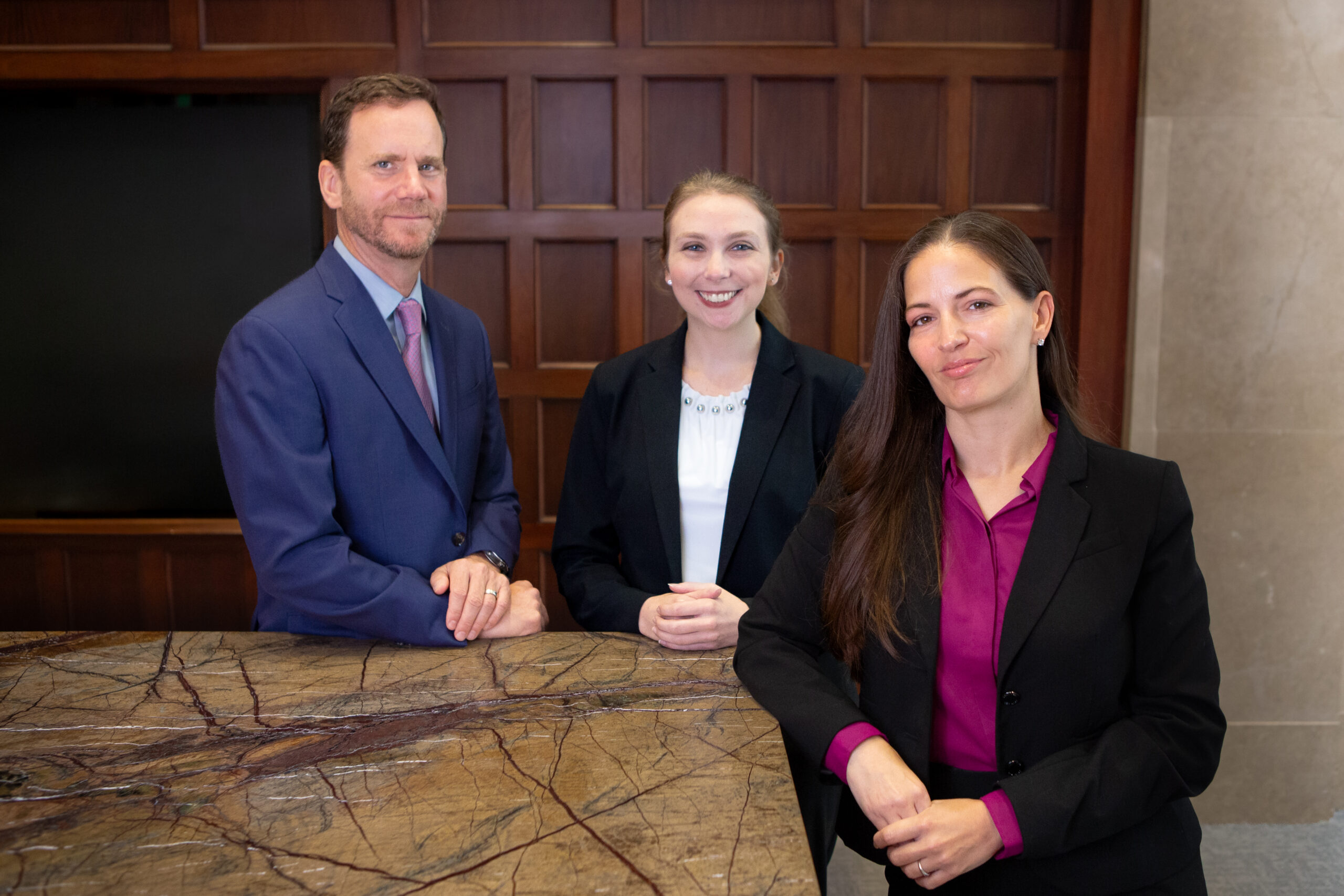Second Look Act
Maryland this week passed the Second Look Act, which is an exciting opportunity for thousands of incarcerated people who deserve a sentence reduction.
The Act allows incarcerated individuals who have served at least 20 years of their sentence to petition for a sentence reduction – and have a hearing in court. Importantly, this opportunity is limited to those who committed their crimes between the ages of 18 and 25 and does not apply to individuals sentenced to life without parole, sex offenders, or those convicted of killing a first responder (such as a police officer). We wish this law applied more broadly, but at least there is some real progress here.
Brown Law has extensive experience pursuing this type of relief throughout Maryland. We have won similar motions for modification of sentence for dozens of other individuals, including: Allen Finke, William Mitchell, Lloyd Hall, Dominique Berkshire, Tajae Johnson, Nazr Williams, Arsenio Crawford, Andrew Morgan and Kareem Jeter, to name a few.
Brown Law has successfully litigated these motions in Baltimore City, Baltimore County, Anne Arundel County, Harford County, Prince George’s County, Montgomery County, Charles County and Wicomico County.

At its core, the Second Look Act is rooted in the belief that people deserve a second chance in life. Our justice system should reflect the reality that individuals can grow, change, and better themselves over time. This bill is not perfect, but it is a good step in the right direction, promoting a more compassionate and fair approach to sentencing. This legislation, passed after months of emotional and contentious debate, acknowledges that many individuals sentenced as young adults have transformed their lives. Without this bill, many of these people had no way to get back into court to demonstrate their rehabilitation and seek a reduction in their sentence.
One of the key arguments behind the Second Look Act is rooted in neuroscience. Research has shown that the human brain is still developing well into a person’s mid-20s, particularly the areas responsible for decision-making, impulse control, and long-term planning. This means that individuals between the ages of 18 and 25 are still maturing and may not fully comprehend the long-term consequences of their actions. Recognizing this reality, the Second Look Act gives courts the opportunity to reassess lengthy sentences given to young adults who may have since transformed their lives. The passage of the Second Look Act reflects a shift in how we view criminal justice in Maryland. For too long, our system has been focused solely on punishment rather than rehabilitation. This law, however, sends a powerful message that people are not defined by their worst mistakes and that growth and change should be recognized.
This act also recognizes the power of mentorship and self-improvement, as many
incarcerated individuals use their time to pursue education, counseling, and mentorship roles. Their transformation deserves consideration, especially when their initial sentence did not account for the possibility of personal growth. At Brown Law we have seen the power of rehabilitation up close, with so many of our clients becoming productive members of the community upon release.
If you or someone you know is serving a long sentence and meets the eligibility criteria, the Second Look Act could be a pathway to freedom. Brown Law can help evaluate your case, gather evidence of rehabilitation, and present a compelling petition to the court.
Our team understands that every case is unique. We will guide you through the petition process, advocate for your rights, and work tirelessly to help you achieve a second chance. Contact us today to learn more about how the Second Look Act might apply to your situation.
